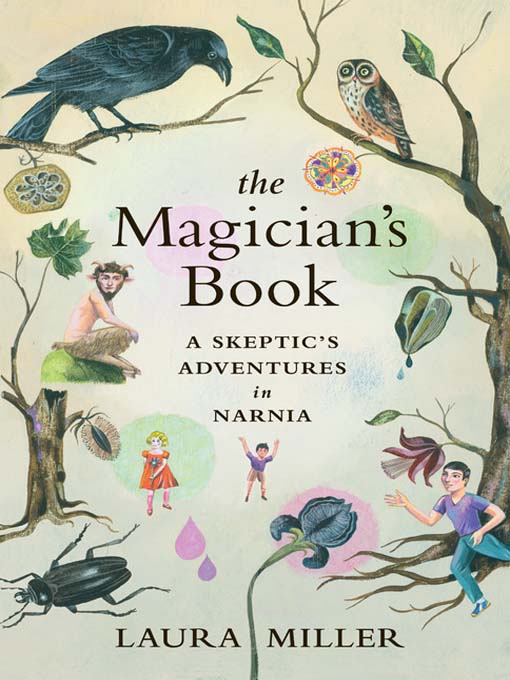
The Magician's Book
A Skeptic's Adventures in Narnia
کتاب های مرتبط
- اطلاعات
- نقد و بررسی
- دیدگاه کاربران
نقد و بررسی

September 15, 2008
Jam-packed with critical insights and historical context, this discussion of C.S. Lewis’s Chronicles of Narnia from Miller’s double perspectives—as the wide-eyed child who first read the books and an agnostic adult who revisits them—is intellectually inspiring but not always cohesive. Finding her distrust of Christianity undermined by her love of Lewis’s indisputably Christian-themed world, Salon.com cofounder and staff writer Miller seeks to “recapture old enchantment.” She replaces lost innocence with understanding, visiting Lewis’s home in England, reading his letters and books (which she quotes extensively) and interviewing readers and writers. Lengthy musings on Freudian analysis of sadomasochism, J.R.R. Tolkien’s Anglo-Saxon nationalism and taxonomies of genre share space with incisive and unapologetic criticism of Lewis’s treatment of race, gender and class. The heart of the book is in the first-person passages where Miller recalls longing to both be and befriend Lucy Pevensie and extols Narnia’s “shining wonders.” Her reluctant reconciliation with Lewis’s and Narnia’s imperfections never quite manages to be convincing, but anyone who has endured exile from Narnia will recognize and appreciate many aspects of her journey.

Starred review from November 1, 2008
When she was nine, Laura Miller, who grew up to become a literary critic and cofounder of Salon.com, desperately longed to visit a place that didnt exist, C. S. Lewis Narnia. For the rest of my life, she writes, I will never want anything quite so much again. Though she felt betrayed when, at 13, she discovered the Christian subtext of the Chronicles of Narnia, her fascination with the place endured, and now she has written an agreeable and insightful book about its enduring impact on generations of readers. Her description of Lewis fantasies as a grab bag is a good description of her own book, which is part literary criticism, part biography, part autobiography, part tour of the places Lewis knew, and part conversation with other writers such as Neil Gaiman, Susanna Clarke, Jonathan Franzen, and Philip Pullman. Though quick to acknowledge Lewis occasional racism, misogyny, and elitism, Miller remains fascinated by his capacity to create an entire other world that helped form her own imagination and her life as a reader. As a result, her sometimes affectionate, sometimes analytical book will delight both skeptics and true believers.(Reprinted with permission of Booklist, copyright 2008, American Library Association.)

























دیدگاه کاربران